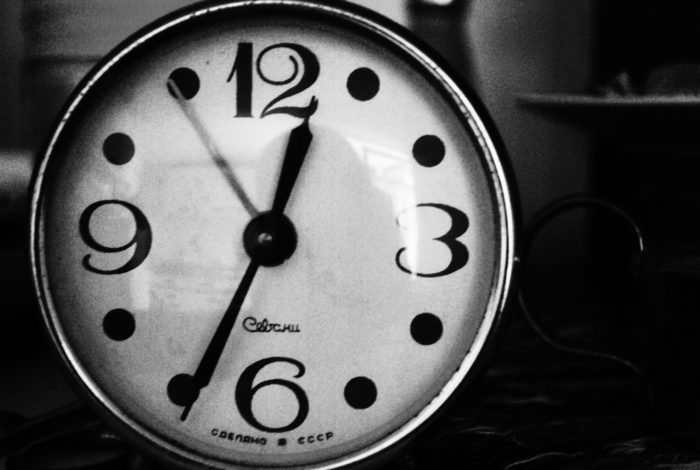A Proposed MBE Strategy For Those Who Struggle With Timing
A Proposed MBE Strategy For Those Who Struggle With Timing
A Proposed MBE Strategy: We have written a lot about MBE timing strategies before. So if you really struggle with timing, the best thing you can do is try to improve it before test day. However, we have noticed a few things about the MBE. And we are not professional exam writers, nor have we studied test questions or how to administer them. So, if you have, or if you know someone who has, please contact us or comment below! We would love to hear from you. What we offer is just a theory just based on some things that we do know. We are looking for feedback and we admit this theory may not be a “good” theory. Unlike most of our other posts, we are only setting forth a theory in this post!
A Proposed MBE Strategy For Those Who Struggle With Timing
Fact: It is well known that students struggle with timing on the MBE.
It is somewhat normal to run out of time or to have to randomly “bubble in” a certain amount of questions at the end of the exam and pray that you got them right. While certainly not all students struggle with timing, a healthy number of them do.
Fact: The National Conference of Bar Examiners (NCBE) offers 25 “test questions” on the exam.
The NCBE is very careful about providing a fair exam. So, of the 200 questions that you see on exam day, 175 of them are scored. 25 of them are not scored. They are simply “test questions” that will grow up to become real MBE questions if it appears that they are statistically fair.
We do not know what methods the NCBE use’s to determine this, but we assume they use data and equations to see how high-performing students answer the test questions and how low-performing students answer them. We do know that they go through some process to see if the questions are fair or unfair, based most likely on how many students answer them correctly in relation to the other questions they answer correctly. As we said, we are not experts on the testing process!
(As a side note, we also wonder if all 25 questions are in one 100-question “chunk” of the exam. We hear many students complain that the morning portion was significantly more difficult than the afternoon portion or vice versa. We wonder if the unusual test questions are crammed into one section, randomly distributed, and give a sense to students that one portion of the exam is much harder. Again, we don’t know. And it doesn’t really matter.)
Theory: The “test” questions are distributed in the beginning and middle of the exam, rather than at the very end of the exam.
Let’s say you were assigned to write a 200-question exam and you had to include 25 test questions in the exam. The goal is to see how many students answer those questions right in relation to other questions. Would you put any of those 25 test questions at the very end of the exam? For example, if you had two sections just like the bar exam (a morning section of 100 questions and an afternoon section of 100 questions), wouldn’t you avoid putting any of the test questions in, say, the last ten questions (questions 91-100)?
It makes sense because if you know a decent number of students will run out of time, then those students’ answers to the test questions would not be reflective of how fair the test questions were. (And you might just say that they may analyze the answer key to see if students ran out of time but this would be a flawed process as not all students who run out of time leave answers blank, and not all only mark one answer choice—say “B”. Further, some students don’t truly run out of time, but they may rush through the questions at the end of the exam.)
But why would the NCBE even go through the inquiry of trying to figure out who ran out of time, even if they could. The NCBE is not required to evenly distribute test questions. So why would the NCBE want to put any questions in the last ten or so questions in the exam?
The other option would be to randomly distribute them in different exams, and have several different versions of the exam. (We think they have a few different versions of the exam, but are not sure if there are sevearl different versions of the same exam.)
We suspect they put the test questions somewhere in questions 1-90 or 1-85 perhaps.
So what?
So, what does this mean for your MBE strategy?
If our theory (not based on much besides speculation) is true, then that means the last ten or so questions of an exam are likely not test questions. They are real questions that will count for credit.
So maybe it makes more sense to make sure those are answered. Even if you struggle with timing and know you won’t be able to answer some. Maybe once you are starting to get a little behind on timing, you should skip to the last ten questions and answer those before proceeding with the rest of the exam.
Or, maybe not. It is just a thought.
We would love to hear your thoughts and experience with the MBE below!
Seeking MBE Assistance?
Seeking MBE Assistance?
- 📘 MBE Guide: Equip yourself with our FREE expert-crafted bar exam and MBE guides.
- Free Bar Exam Resource Center: Discover top resources, articles, and free webinars led by renowned bar exam professionals.
Top Resources as Vouched by our Students:
- MBE One-Sheets: One of our most highly acclaimed bar exam supplements!
- Bar Exam Outlines: Our comprehensive and condensed bar exam outlines present key information in an organized, easy-to-digest layout.
- MBE Private Tutoring: Opt for personalized, effective strategies.
- On Demand Bar Exam Course: Comprehensive bar exam preparation.
- Bar Exam Crash Course and Mini Outlines: Acclaimed and effective for a quick refresher.
- MBE Mastery Class, Real MBE Questions, and MBE Guide: Elevate your MBE preparation with these high-quality MBE supplements!
🔥 NEW! Check out our Repeat Taker Bar Exam Course and get introduced to our unmatched platinum Guarantee Pass Program.






Leave a Reply
Want to join the discussion?Feel free to contribute!